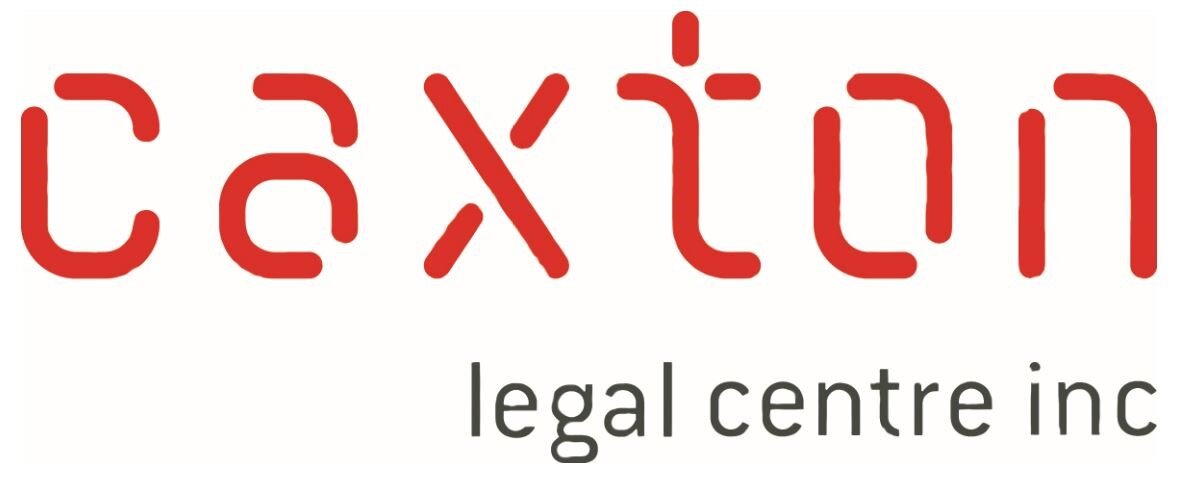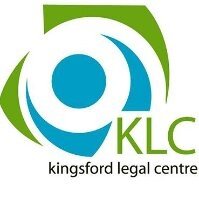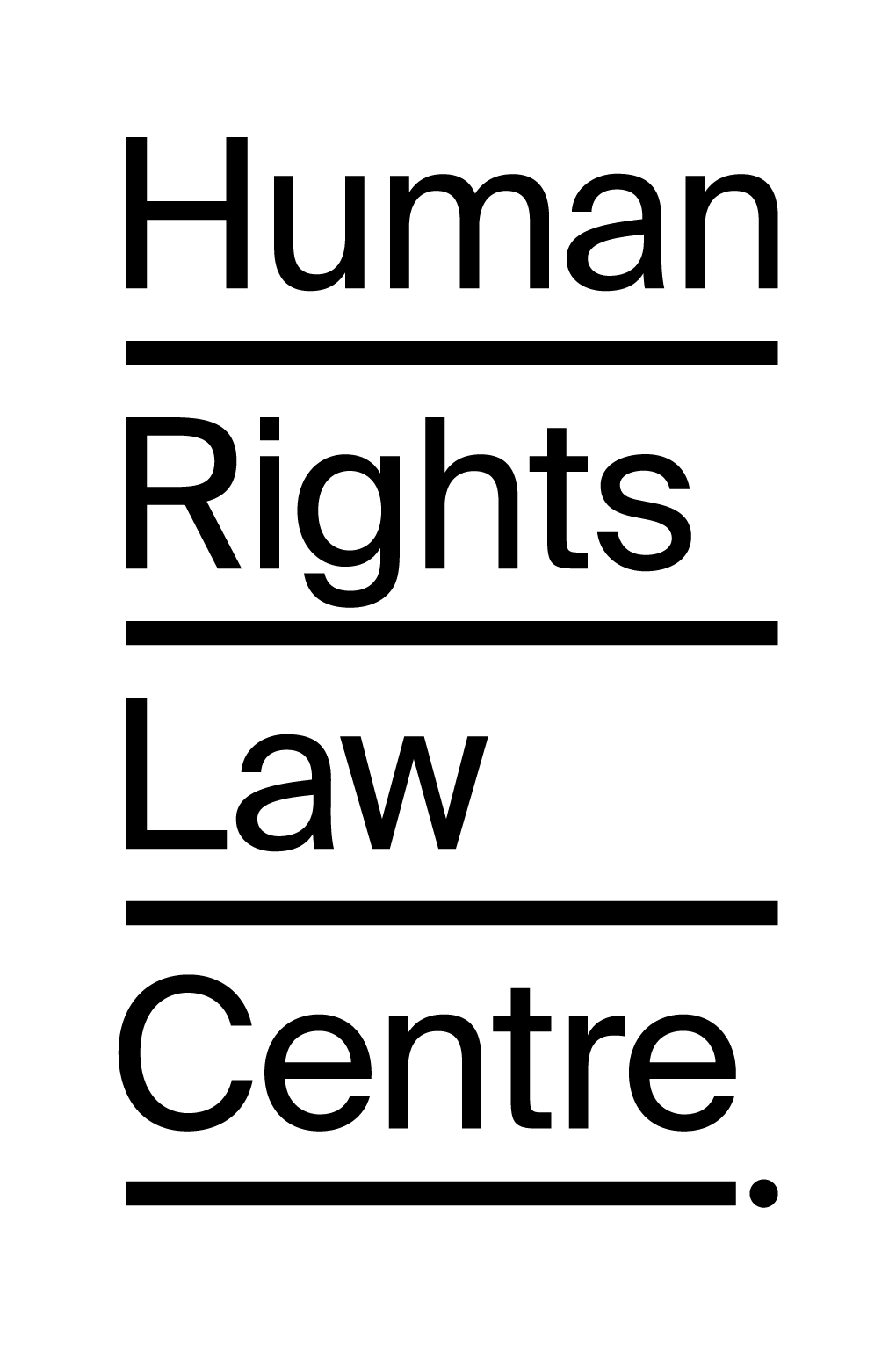Australian government ignores key recommendations from major UN human rights review
The Australian government has been criticised for failing to accept critical recommendations from a major UN review into its human rights record.
Tonight, at the UN Human Rights Council in Geneva, Australia ignored key recommendations from countries including to prohibit children being held in immigration detention and to end offshore processing of people seeking asylum. Raising the age of criminal responsibility was a standout issue in the review, however the Australian Government rejected recommendations from 30 countries to raise the age above 10.
In total 122 countries made 344 recommendations in Australia's Universal Periodic Review in January. Tonight, the Australian Government responded to those recommendations, accepting 177 but not accepting 167.
Recommendations accepted by Australia included ratifying a forced labour treaty and implementing concrete and immediate measures to fight against the effects of climate change on human rights and fundamental freedoms. While the Australian Government accepted recommendations to comprehensively incorporate Australia’s human rights obligations into domestic law, it said it does not propose to introduce a Charter of Human Rights at the federal level.
The UPR happens every five years and involves UN member countries scrutinising Australia’s human rights record and recommending reform. It is an opportunity for the Australian Government to show leadership by committing to improve human rights. However, non-government organisations have criticised the government's response.
The Human Rights Law Centre, Kingsford Legal Centre and Caxton Legal Centre coordinated an NGO coalition which prepared a detailed report to inform the review and briefed UN member states. The NGO report was endorsed by over 200 Australian NGOs.
Cathryn Eatock, Co-Chair, Indigenous Peoples Organisation-Australia, said:
“Though the Australian Government has made a voluntary commitment to incorporate Indigenous decision making, the destruction of the Juukan Gorge emphasises the need to incorporate greater Aboriginal decision making in cultural heritage protection and Native Title agreements. Additional voluntary commitments also support a Voice in the Constitution, however, the proviso delays and ignores existing support within the Australian community. Further, Indigenous decision making in who represents us at the UN is fundamental to self-determination, so the IPO calls on the Australian Government to adopt the recommendation to fund the IPO to enable Indigenous determined participation at relevant UN mechanisms.”
Priscilla Atkins, Co-Chair, NATSILS, said:
“It is appalling for Australia that five years since the last Universal Periodic Review, Aboriginal and Torres Strait Islander people remain the most incarcerated people on earth, with a horrifying number of our young people trapped in the quicksand of the so-called justice system. This Universal Periodic Review has been a missed opportunity for the Australian Government to reimagine the justice system and commit to ending the over-incarceration of our people, first and foremost by raising the age of criminal responsibility to at least 14.”
Hugh de Kretser, Executive Director, Human Rights Law Centre, said:
“Instead of showing global leadership on human rights, the Australian government has rejected critical recommendations by its peers. It’s failure to accept recommendations to stop prosecuting and jailing children as young as 10, and to stop subjecting children to immigration detention, is unacceptable. Australia’s response to the UN human rights review is a major disappointment. Respect for human rights is not only the right thing to do, it’s in our national interest. When human rights are protected, our communities are stronger and healthier. Respect for human rights promotes international stability, peace and prosperity. Australia can and must do better.”
Dr Cassandra Goldie, CEO, Australian Council of Social Service, said:
“The Australian Government is failing to ensure our human rights obligations are being met with its inaction on poverty and homelessness, its treatment of refugees and asylum seekers, and inaction on climate change. We need to see social security payments lifted above the poverty line and paternalistic policies like ParentsNext and cashless debit abolished. We know people on low incomes are hardest hit by the extreme weather of climate change and the Australian Government’s lackluster commitments on emissions reductions are shameful.”
Paul Power, CEO, Refugee Council of Australia, said:
“The UPR process has highlighted the extent of international concern about the human impacts of Australia’s punitive policies towards people seeking protection from persecution. It is very disappointing that the Australian Government has refused to accept constructive recommendations put forward by many countries about addressing the indefinite detention, destitution and never-ending limbo for people who have sought Australia’s help. By continuing to ignore reasonable questions and ideas, including from some of Australia’s closest allies, the Government is seriously damaging Australia’s reputation in the eyes of the world.”
Sebastian Zagarella, CEO, People with Disability Australia, said:
“We call upon the UN to strongly urge the Australian Government to implement these disability reforms, including an end to indefinite detention for people with disability, and halting violence against people with disability. Australia must end its interpretative declaration on the Convention on the Rights of Persons with Disabilities and ensure people with disability on our shores can enjoy equal recognition before the law, rights that protect their integrity as a person, and their freedom of movement and nationality.”
Simon Henderson, Head of Policy, Save the Children Australia, said:
“Australian children deserve to grow up in an environment where their rights are protected and promoted. More than 30 years since Australia ratified the Convention on the Rights of the Child that has still not happened. In denying international calls for legislative and policy reform this evening, sadly Australia has shown that it does not intend to fulfil its commitments to Australian children.”
Helen Dalley-Fisher, Senior Manager, Equality Rights Alliance, said:
“The Australian Government’s recent increase in expenditure on preventing gendered violence is very welcome. However, we remain deeply concerned that Australia’s efforts to address gendered violence, women’s economic security and the intersecting discriminations experienced by Aboriginal and Torres Strait Islander women, women with disability, migrant and refugee women and others, totally lacks a human rights-informed approach.”
Samantha Klintworth, National Director, Amnesty International Australia, said:
“Amnesty International is deeply disappointed the Australian Government has rejected recommendations to raise the minimum age of criminal responsibility to at least 14 years - and calls on the Government to immediately review its position. Amnesty is also disappointed the Government has ignored the calls of 47 nations to abandon its offshore ‘processing’ and mandatory detention of asylum seekers and refugees. This policy is a human rights catastrophe and a clear violation of international law. After eight years and thousands of lives damaged, approximately 230 refugees remain held offshore with 1,497 are in closed detention and ‘alternative places of detention’ onshore.”
Bill Mitchell, OAM HonLLD, Townsville Community Law, said:
“We didn’t see any gains made for older Australians in Australia’s 3rd Cycle UPR Report. We continue to raise the important issue of the invisibility of older persons’ human rights, including Australia’s failure to assess their situation under existing treaty processes and in Australia’s continued poor engagement with developing international norms in processes such as the Open-ended Working Group on Ageing.”
Ghassan Kassisieh, Legal Director, Equality Australia, said:
“We welcome the Australian government’s commitment to improving access to healthcare for LGBTIQ+ people and an awareness-raising campaign and training for public officials to end discrimination against LGBTIQ+ people. But with three states still forcing trans and gender diverse people to have surgery or medical treatment before they can update their gender on ID documents, and intersex people still without protection from non-consensual and deferrable medical interventions across the country, the Commonwealth Government needs to show national leadership so that LGBTIQ+ people are not left behind, no matter where they live."
ENDS
Background
Australia’s Universal Periodic Review by the UN Human Rights Council takes place every five years. At the last UPR in 2015, Australia accepted 150 of the 290 recommendations. The Human Rights Council is like the human rights parliament of the United Nations. The Council has 47 member states. Australia was recently a member of the Council serving a term from 2018 to 2020. All 193 UN member countries can participate in each country’s UPR. This is Australia’s third review since the UPR procedure was adopted. NGOs and the Australian Human Rights Commission informed Australia’s review. A copy of the Joint NGO Report and more information about the UPR can be found here: https://www.hrlc.org.au/universal-periodic-review
The hearing will be available to watch on http://webtv.un.org
Media contact:
Indigenous Peoples Organisation-Australia: Cathryn Eatock on 431 323 622
NATSILS: Lucy Brown on 0435 866 462 or lbrown@vals.org.au
Human Rights Law Centre: Evan Schuurman on 0406 117 937 or evan.schuurman@hrlc.org.au
ACOSS: Monique Vandeleur on 0419 626 155
Refugee Council of Australia: Molly Jureidini on 0488 035 535
Save the Children Australia: Anna Jabour on 0403 322 992
Amnesty International Australia: Media line on 0423 552 208 or media@amnesty.org.au
Townsville Community Law: Bill Mitchell OAM HonLLD on 0459 430 849
Equality Australia: Matthew Phillips on 0408 541 717 or media@equalityaustralia.org.au



